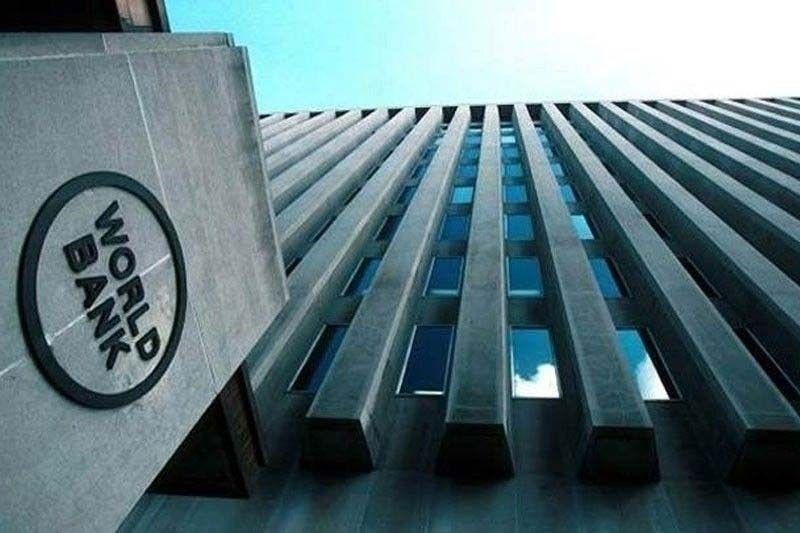Philippines needs to accelerate investments — World Bank
Louella Desiderio – The Philippine Star April 10, 2024 | 12:00am Gonzalo Varela, lead economist for the Philippines at the World Bank told reporters that the economy has a potential growth rate of 5.5 to six percent, if it could use all its resources efficiently. STAR / File MANILA, Philippines — The Philippines will need […]


Louella Desiderio – The Philippine Star
April 10, 2024 | 12:00am
Gonzalo Varela, lead economist for the Philippines at the World Bank told reporters that the economy has a potential growth rate of 5.5 to six percent, if it could use all its resources efficiently.
STAR / File
MANILA, Philippines — The Philippines will need to see a sustained increase in investments to achieve higher economic growth, according to the World Bank.
Gonzalo Varela, lead economist for the Philippines at the World Bank told reporters that the economy has a potential growth rate of 5.5 to six percent, if it could use all its resources efficiently.
Over the past few years, he said the economy has been above or below its potential growth, being very close to that rate.
“If we want the growth rate of the economy, the potential growth rate of the economy to keep going up, basically, we will need acceleration in investments to happen,” he said.
He said two things are going to be critical to enable investment acceleration or sustained growth of investments in the country.
First is through a commitment to fiscal responsibility.
As the government still needs to invest in critical areas like infrastructure, he said fiscal consolidation would need to be done in a way that pays attention to the composition and efficiency of expenditure.
He also said it is important to ensure there is available credit in the market for private sector investments.
Aside from fiscal responsibility, he said the implementation of structural reforms like the amendments to the Public Service Act (PSA) and allowing 100 percent foreign equity in renewable energy, would be crucial for investment acceleration.
He said the amended PSA, which lifted the 40 percent cap on foreign ownership in key sectors like telecommunications and transport, in particular, will help bring more foreign direct investments to the country.
“That directly affects the growth of investment, but also, it will make services more efficient and that itself is going to enable more private investment to come in,” he said.
Meanwhile, allowing full foreign ownership in renewable energy is not just expected to help attract investments, but also contribute to the country’s energy transition process.
The World Bank’s latest East Asia and Pacific Economic Update released last week showed the Philippines is projected to grow by 5.8 percent this year and 5.9 percent next year.
While the World Bank’s 2024 and 2025 growth forecasts for the Philippines are faster than the revised 5.5 percent economic expansion posted last year, these are below the government’s growth targets.
For this year, the interagency Development Budget Coordination Committee (DBCC) has trimmed its growth target to six to seven percent from 6.5 to 7.5 percent previously, amid global trade disruptions and geopolitical tensions that could affect economic performance.
For 2025, the DBCC narrowed the growth target to 6.5 to 7.5 percent from the previous range of 6.5 to eight percent.














